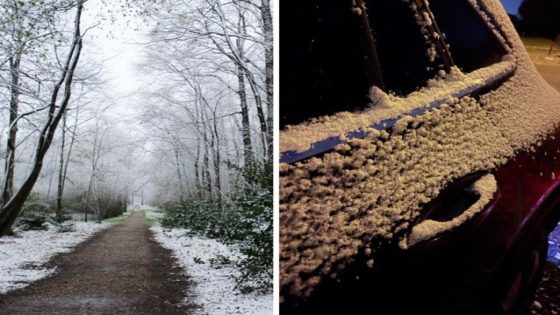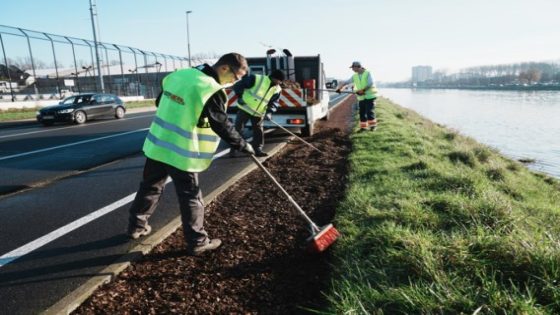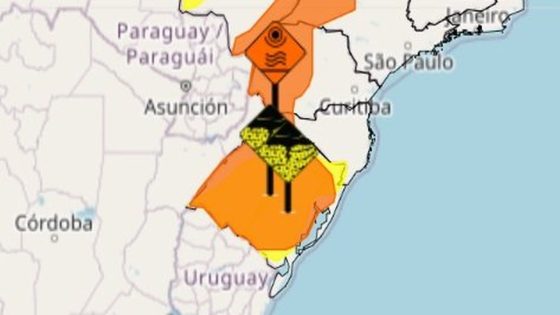On February 16, parts of Belgium woke up to a light dusting of snow. While West Flanders saw the most accumulation, other areas also experienced winter precipitation. Are you prepared for slippery roads? The Royal Meteorological Institute (KMI) has issued a yellow warning until 10 AM due to icy conditions.
- Snow cover reported in West Flanders
- Yellow warning for icy roads issued
- Nighttime temperatures drop to -8 degrees
- Next week expected to remain mostly dry
- Temperatures rising up to 16 degrees Friday
Belgium’s Snowy Sunday: What You Need to Know About the Weather
This Sunday brings a mix of winter weather and rising temperatures across Belgium. With a yellow alert for icy conditions, how will this impact your day? The KMI warns that while snow may be beautiful, it can create hazardous driving situations.
The Week Ahead: From Snow to Spring-like Temperatures
The forecast shows a significant shift from today’s chilly conditions to much milder weather by the end of the week. As we move into Monday, expect sunny skies but still cold temperatures ranging from -3°C in some regions to about 5°C elsewhere.
Key Weather Highlights for Belgium This Week
This week promises a variety of weather patterns as we transition from winter chill to spring warmth:
- Mild temperatures peaking at 16°C by Friday.
- A mix of sun and clouds throughout the week.
- Icy conditions early on Sunday with a gradual thaw expected.
- Increased cloud cover and potential rain towards Thursday evening.
What Should You Do During Icy Conditions?
If you’re venturing out during these icy times, safety should be your top priority. Here are some tips:
- Drive slowly and maintain extra distance between vehicles.
- Avoid sudden movements; they can lead to skidding.
- If walking, wear shoes with good grip and take care on sidewalks.
The Importance of Staying Informed About Weather Changes
Weather can change rapidly; staying informed helps you prepare effectively. Whether it’s dressing warmly or adjusting travel plans, being proactive can keep you safe during unexpected weather events. How do you usually prepare for changing weather?
































